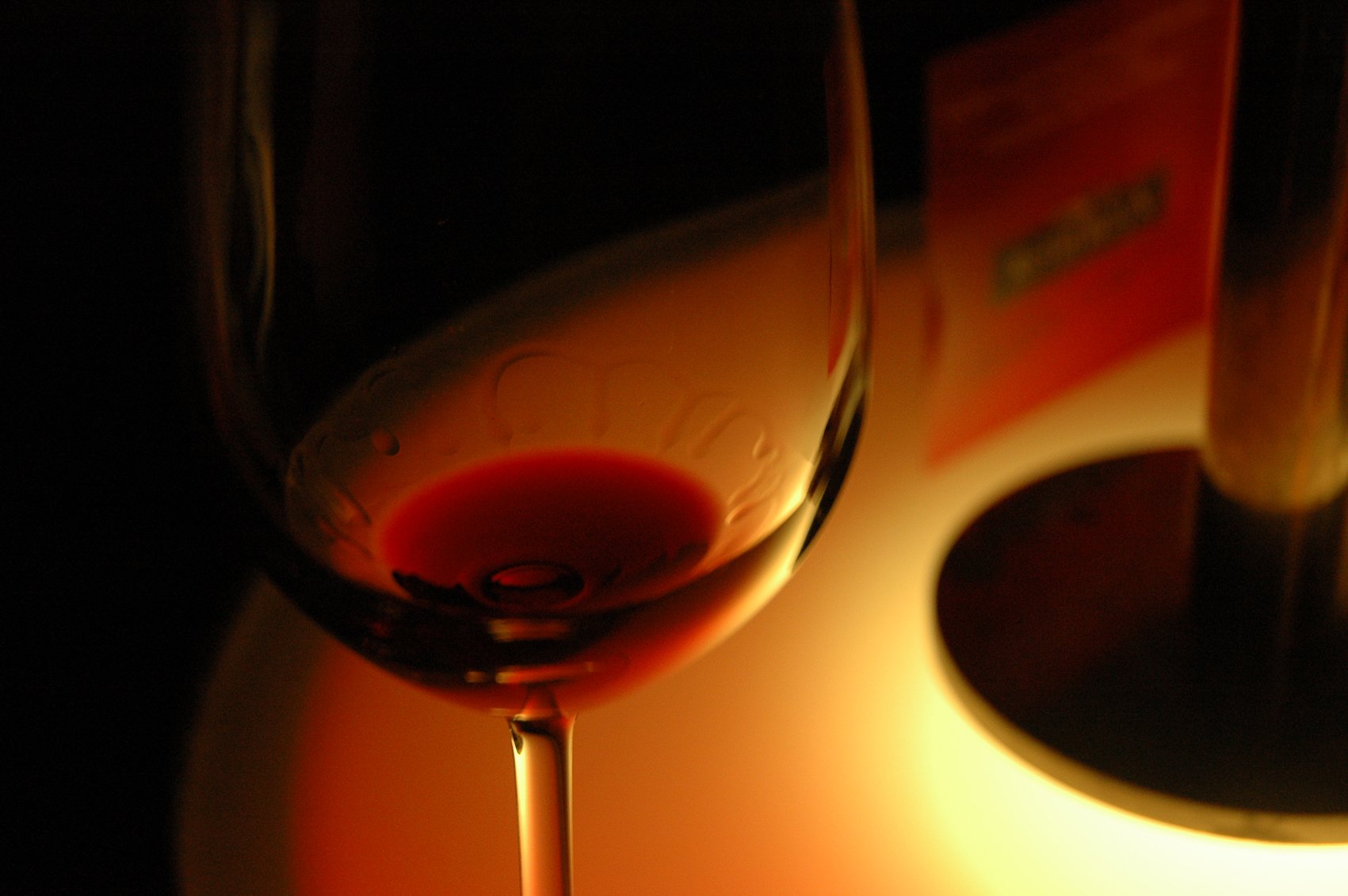
Even a wine newbie is probably aware that the flavor of some wines can be enhanced with some aging. The key word is
some.
There are wines which should not be consumed before their time as well as ones that really dont benefit much from extended aging. Now of course, if youre a beginner and havent had much if any experience as a do-it-yourself vintner, then youre probably not at all sure which wines are best drunk young (unaged) and which only begin to reveal their full character and flavor after months or even years of aging. It can be confusing for the beginning wine maker and even some hobbyists who have been at it for years.
Its only natural to assume that all wines, or at least all red wines, should be aged as long as possible. It is a common misconception that the longer a wine ages, the better it is. However, this isnt necessarily so. In fact, very few wines will actually continue to improve beyond a certain point and many wines are at their best within the first one to three years after bottling. There are indeed some wines that really come into their full range of expression only after decades of bottle aging, but most of what you make at home with wine making kits neither needs nor will benefit from extended aging.
What Wines Should Not Be Aged?
All wines do need just a little bit of bottle aging. Its simply a question of degree. As a rule of thumb, most white wines need very little in the way of aging and will be at their best when they are still relatively young. Most whites reach their peak in the first one to two years and in many cases, its perfectly fine to start enjoying some of these wines after as little as three to six months. There are also some reds that dont really change much after the first three years and will taste quite good with as little as six months in the bottle.
What Wines Should Be Aged?
Generally speaking, the higher the tannin content of the wine, the longer it can be aged and the more it will benefit from aging. Its important to keep in mind that no wine should be aged indefinitely. There is a point at which the wine reaches its peak and starts to slowly decline in quality afterwards. But this isnt necessarily intuitive and is something that should be researched on a wine-by-wine basis.
Wine Aging Resources
Those are just the general rules of thumb for aging. There are certainly unique time scales for each wine depending on its type and area of origin. This
chart gives more specific aging time scales for a number of wine styles originating in Europe and the United States. For more information about proper storage and aging procedures, check out this
article from winecellar.com.

 Even a wine newbie is probably aware that the flavor of some wines can be enhanced with some aging. The key word is some.
There are wines which should not be consumed before their time as well as ones that really dont benefit much from extended aging. Now of course, if youre a beginner and havent had much if any experience as a do-it-yourself vintner, then youre probably not at all sure which wines are best drunk young (unaged) and which only begin to reveal their full character and flavor after months or even years of aging. It can be confusing for the beginning wine maker and even some hobbyists who have been at it for years.
Its only natural to assume that all wines, or at least all red wines, should be aged as long as possible. It is a common misconception that the longer a wine ages, the better it is. However, this isnt necessarily so. In fact, very few wines will actually continue to improve beyond a certain point and many wines are at their best within the first one to three years after bottling. There are indeed some wines that really come into their full range of expression only after decades of bottle aging, but most of what you make at home with wine making kits neither needs nor will benefit from extended aging.
Even a wine newbie is probably aware that the flavor of some wines can be enhanced with some aging. The key word is some.
There are wines which should not be consumed before their time as well as ones that really dont benefit much from extended aging. Now of course, if youre a beginner and havent had much if any experience as a do-it-yourself vintner, then youre probably not at all sure which wines are best drunk young (unaged) and which only begin to reveal their full character and flavor after months or even years of aging. It can be confusing for the beginning wine maker and even some hobbyists who have been at it for years.
Its only natural to assume that all wines, or at least all red wines, should be aged as long as possible. It is a common misconception that the longer a wine ages, the better it is. However, this isnt necessarily so. In fact, very few wines will actually continue to improve beyond a certain point and many wines are at their best within the first one to three years after bottling. There are indeed some wines that really come into their full range of expression only after decades of bottle aging, but most of what you make at home with wine making kits neither needs nor will benefit from extended aging.
